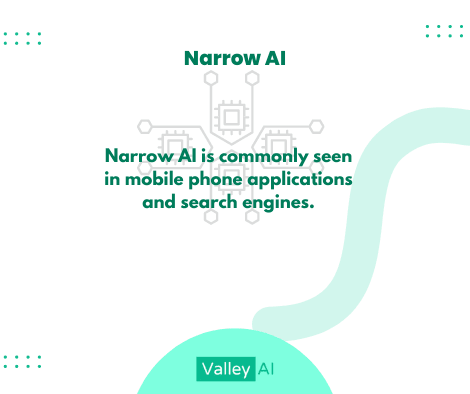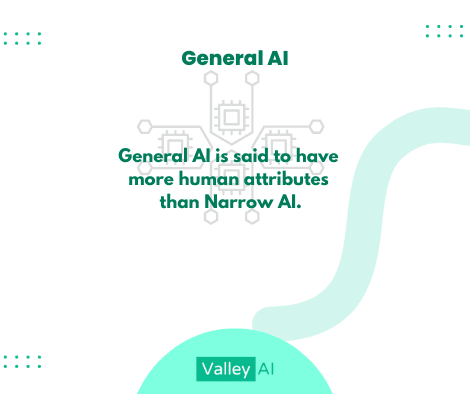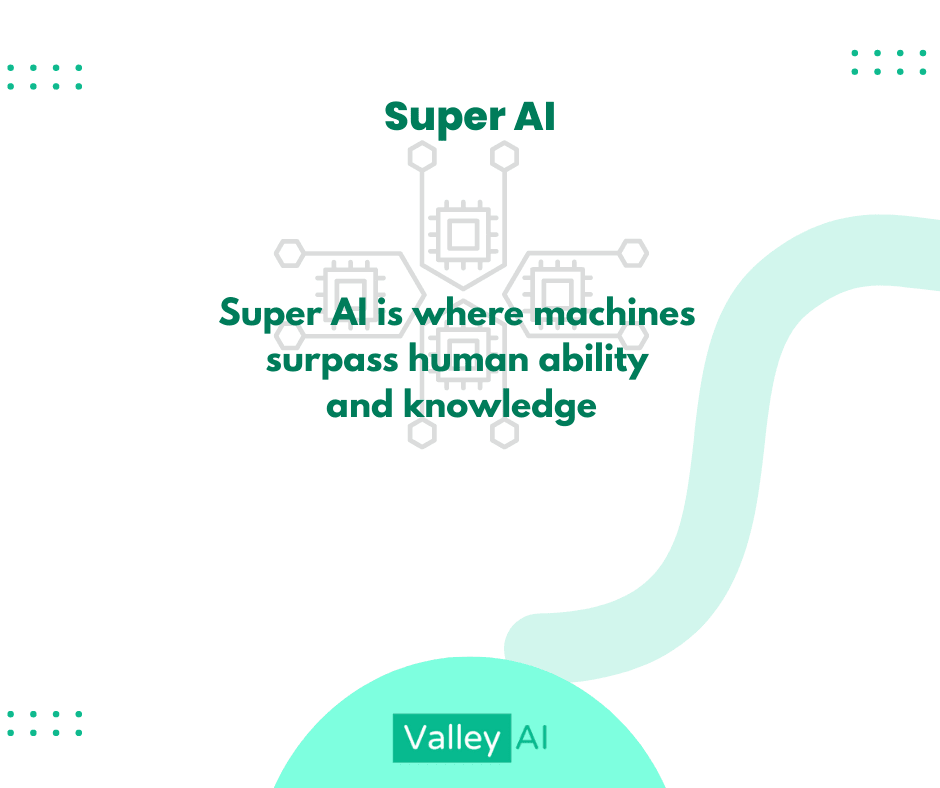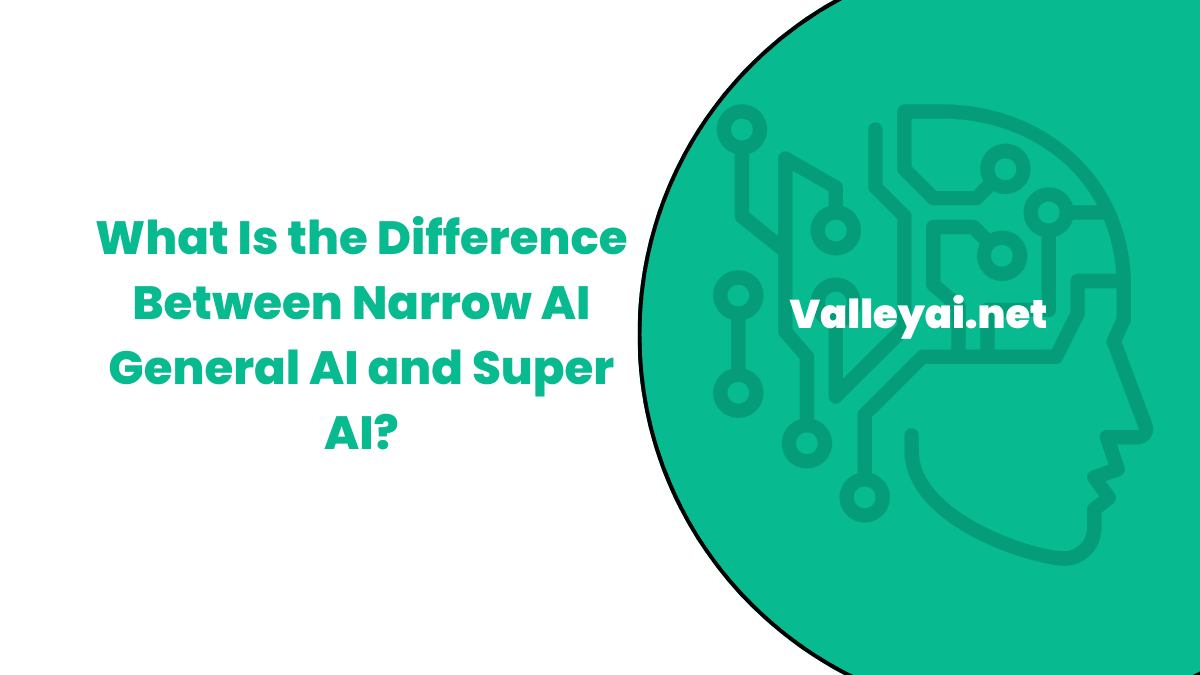Numerous industries have adopted different types of artificial intelligence (AI) technology. AI enables the development of intelligent machines and smart systems, which have been applied to agriculture, aviation, energy, and healthcare.
Beyond that, a Bloomberg feature stated that there is a growing demand for AI industrial solutions. Many companies have data that needs to be examined and interpreted, so they require more robust solutions like cloud computing infrastructure. Consequently, these innovations have also raised evolving concerns, such as cybersecurity.
The rise of AI has consequentially led to some of the most lucrative computer science jobs today. Information security analysts, for example, have had to closely study the tactics of hackers so they can help create AI products that autonomously fend off cyberattacks.
Even software developers and computer network architects now have to consider AI in building digital infrastructure so products can be autonomous. This goes to show that the possibilities AI delivers are extensive.
Although all AI types utilize deep learning, machine learning, and neural networks to enhance computer programs, they don’t all have the same characteristics. In this article, we delve into the differences between narrow, general, and super AI, as well as their applications.
Read also: Difference between computers and robots.
Narrow AI

Narrow AI is commonly seen in mobile phone applications and search engines. Although this is currently the most prevalent kind of AI, narrow AI is designed to perform singular tasks. These include speech and language recognition, facial recognition, or searching the internet.
Narrow AI can either be reactive or operate with limited memory to achieve those goals. Whereas reactive AI emulates the mind’s capacity to respond to stimuli without previous experience, limited memory AI makes decisions based on historical data. Despite those capabilities, there’s a need to optimize these systems further.
Right now, machines manage high volumes of data for deep learning. Deep learning can personalize the AI experience; you can observe this in recommendation systems on Netflix, Twitter, and YouTube. Narrow AI can make suggestions by looking at a user’s history and preferences.
Similarly, AI writing software will only require a small amount of input text to produce relevant machine-generated content. This software is backed by GPT-3, allowing users to choose templates for paragraphs, listicles, and ads.
General AI

General AI is said to have more human attributes than narrow AI. This specific type of AI mimics human behavior and intelligence to facilitate better problem-solving techniques. An article published on ResearchGate showed that General AI was described by researchers as lacking development.
This specific type of AI contains a lot of expectations since its features supposedly showcase human-like thinking and reasoning. However, many experts think it’s impossible to fully model general AI after the human brain.
For that to happen, machines would have to be conscious and possess a comprehensive set of cognitive abilities. One notable attempt was made by a supercomputer named Fujitsu-built K. However, simulating one second of neural activity took 40 minutes.
In the referenced ResearchGate article, quantum computing is hypothesized to be the key to inventing general AI. Quantum computing is a combination of quantum mechanics concepts, linear algebra, and computer science functions that can create a supercomputer. An MDPI study shared a recent work that sought to advance general AI.
Here, quantum deep learning was used to generate handwritten digital images. By leveraging quantum deep learning, the AI project aimed to solve real-world learning tasks.
Super AI

While the other types of AI had human traits or understood human intelligence and behavior, super AI is where machines surpass human ability and knowledge. This is akin to what we read in dystopian novels, where robots can express their own beliefs, emotions, and needs. At this point, however, most applications of super AI seem to be theoretical.
The ResearchGate article above illustrates how engineers are still developing the functionalities of super AI. It’s understood that this kind of AI can excel at art, math, medicine, science, and sport in a capacity greater than humans. Super AI would also have a better working memory and a quicker ability to analyze data and stimuli.
Read also: Vital Role Professionals Play In Image Annotation For AI Development
All that being considered, super AI can manifest in e-commerce product recommendation tools. Its uses include predicting and optimizing online store layouts, inventory, and distribution. Moreover, robotics can play a crucial role in inventory management and stocking. With AI-based automation and AI-informed demand forecasting, virtual retailers can meet buyers’ needs more efficiently.
An excellent example of this is Lowebot at Lowe’s Home Improvement stores. These machines check a product’s availability and guide customers to the precise location of the product they’ve requested.
Narrow AI vs general AI vs super AI
Narrow AI is designed to perform a specific task, such as driving a car or playing chess; on the other hand, general AI would be able to learn and perform any intellectual task that a human can, and super AI would be more intelligent than any human and could solve problems beyond our capabilities.
Here is a table that summarizes the key differences between narrow AI, general AI, and super AI:
| Type of AI | Capabilities | Potential impact |
|---|---|---|
| Narrow AI | Performs a specific task or a limited range of tasks | Used in a variety of applications, including self-driving cars, facial recognition, and medical diagnosis |
| General AI | Can perform any intellectual task that a human can | Could have a major impact on society, automating many tasks and potentially leading to new scientific breakthroughs |
| Super AI | More intelligent than any human | Could have a profound impact on society, both positive and negative |
Written by: Angela White
- SaaS Growth Strategies: A Complete Guide for Long-Term Success - May 18, 2025
- How Data Science Is Powering Business Decisions in 2025 - April 17, 2025
- The Future of Data-Driven Networking: Trends and Innovations - March 12, 2025

